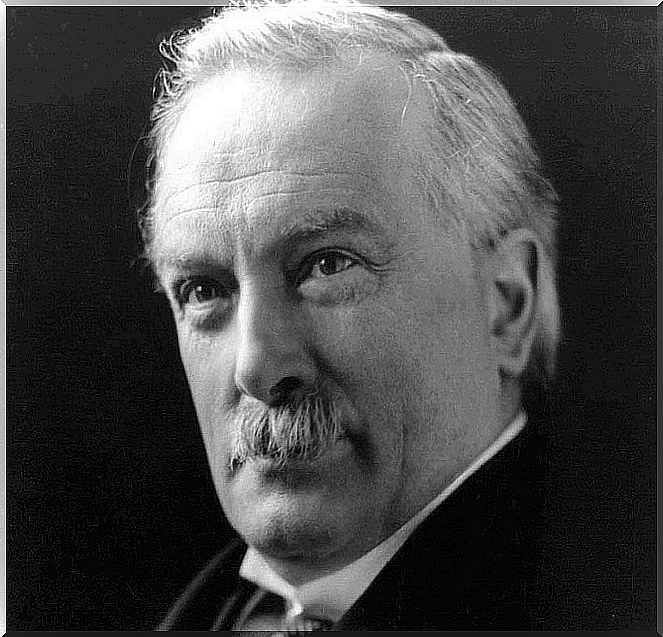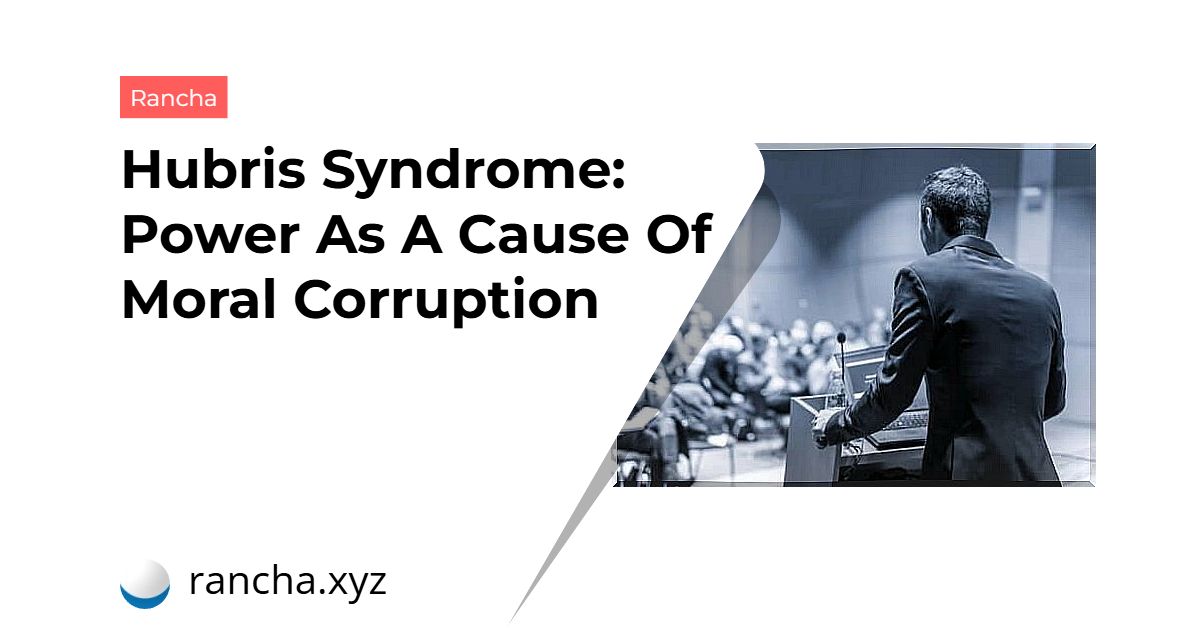Hubris syndrome refers to people who experience a personality change when they are in leadership positions. It can happen in business, politics or any other field.
This syndrome describes how people in power display extreme pride, overconfidence, and outright contempt for others. These character traits lead to impulsive and often destructive behavior.
From a neuroscientific point of view, there is no evidence that there can be a physiological change in these people. However, both psychiatry and psychology address this issue.
It should not be seen as a disorder in its own right, nor as a subtype of Narcissistic Personality Disorder. It is an image or syndrome derived from excessive power that does not have the same development as a personality disorder.

Hubris Syndrome: the excess of power
The term hubris or hybris (ὕβρις, hýbris) is a Greek concept meaning “excess”. It’s the opposite of sobriety and moderation. The arrogant person is the one with excessive pride, who treats others with insolence and contempt. The individual enjoys using his power in this way, but this dishonorable behavior was strongly condemned in ancient Greece.
Research into this phenomenon has grown more serious and academic in the hands of David Owen, minister of the Labor government to James Callaghan, and psychiatrist Jonathan Davidson.
For Owen, Hubris syndrome is often seen as a natural, or at least not unexpected, extension of the confidence and ambition needed by those seeking power. While many may see arrogance as an unfortunate side of leaders, they also believe that at least some level of arrogance is the price to pay for great leadership.
Power is an intoxicating drug that not all leaders have the ingrained character needed to fight. Doing so requires a combination of common sense, humor, decency, skepticism and even cynicism, which treats power for what it is: a privileged opportunity to influence and sometimes determine the turn of events.
Owen specifically describes Hubris syndrome as a unique, acquired personality disorder that develops only after a leader holds power for a period of time. Furthermore, it is only applicable if there is no history of psychiatric illness.
Hubris syndrome symptoms
A sample of the 14 symptoms of Hubris syndrome identified by David Owen includes the following:
- Use of power for self-glorification.
- Obsession with personal image.
- Excessive self-confidence, accompanied by contempt for other people’s advice or criticism.
- Loss of contact with reality.
- Speak like a messiah; as someone who lets it be understood that he is revealing an absolute truth.
- Reckless and impulsive actions.
- An obvious incompetence arises due to overconfidence, and there is a lack of attention to detail.
In investigating these symptoms, Owen and Davidson noted the overlap with other personality disorders. It especially overlapped with Narcissistic Personality Disorder.
Seven of the 14 symptoms are also symptoms of Narcissistic Personality Disorder and 2 symptoms are part of Antisocial Personality Disorder and Histrionic Personality Disorder.
Famous Leader Profiles
Owen and Davidson investigated the psychological profiles of UK prime ministers and US presidents in power over the past 100 years, looking for examples of traits of this syndrome.
They found seven US presidents who exhibited defining streaks of arrogance: the two Roosevelts, Woodrow Wilson, John Kennedy, Lyndon Johnson, Richard Nixon, and George W. Bush. However, the only one of these presidents in whom they identified Hubris syndrome more clearly was Bush.
Among the UK Prime Ministers, the following were analyzed: Herbert Asquith, David Lloyd George, Neville Chamberlain, Winston Churchill, Anthony Eden, Margaret Thatcher and Tony Blair. They all showed signs of excessive pride, but only Lloyd George, Chamberlain, Thatcher and Blair fully manifested Hubris syndrome .

Politicians aren’t the only ones
Prime ministers and presidents are convenient sources of study because of the extensive biographical information available about them. However, Hubris Syndrome is related to power and therefore anyone in positions of power, such as CEOs of companies, can suffer from this syndrome.
The great Bertrand Russell had already identified the phenomenon that something happened to a person’s mental stability when he was in power. He described the causal link between power and aberrant behavior, calling it “power intoxication.”
Therefore, this leads us to think that there are people with honest behavior that, given the accumulation of power over the years, end up corrupted. Therefore, in any developed society, any sign of despotism must be controlled with a social and political system that delimits the power that rests with a single person.
 rancha.xyz Be free to choose their own route to self-knowledge, health and balance of body and soul.
rancha.xyz Be free to choose their own route to self-knowledge, health and balance of body and soul.




